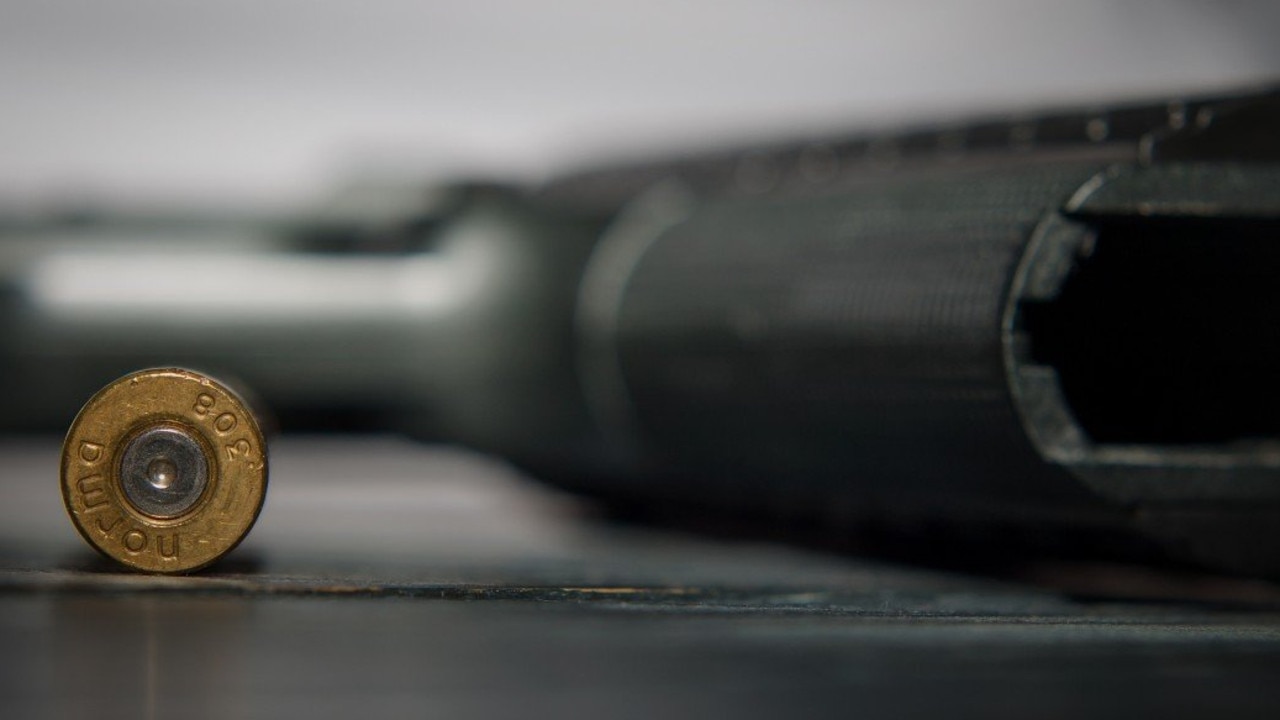Sienna Ratila, Lilly Thomas: Social disconnection, lack of resources blamed for Goulburn Valley’s mental health crisis
At least five young people have taken their lives in just five months in the state’s north as experts plead for people to speak about their struggles.

Goulburn Valley
Don't miss out on the headlines from Goulburn Valley. Followed categories will be added to My News.
At least five young people in the Goulburn Valley have taken their lives in five months as experts attribute the mental health crisis to, in part, the Covid pandemic.
New Coroner’s Court of Victoria suicide data reveals 23 Victorian children under the age of 18 took their lives last year, and another 78 young Victorians between the ages of 18 and 24 suicided.
In the Goulburn Valley alone, at least five young people have died by suicide since November.
A 13-year-old Greater Shepparton Secondary College student, Sienna Ratila, became the latest tragic statistic when she died on March 11 after a week on life support. It was her 10th attempt before the last.
Her death followed a 21-year-old Kyabram beautician, Lilly Thomas, who took her life in November; the same month three others in their 20s died by suicide.
The Goulburn Valley News is not suggesting the suicides are linked, nor are we suggesting they are a direct result of the pandemic; only that it has contributed to an overall mental health crisis.
Rachael Willis, a clinical psychologist in Shepparton, said social disconnection caused by Covid and untreated mental health issues had worsened the situation.
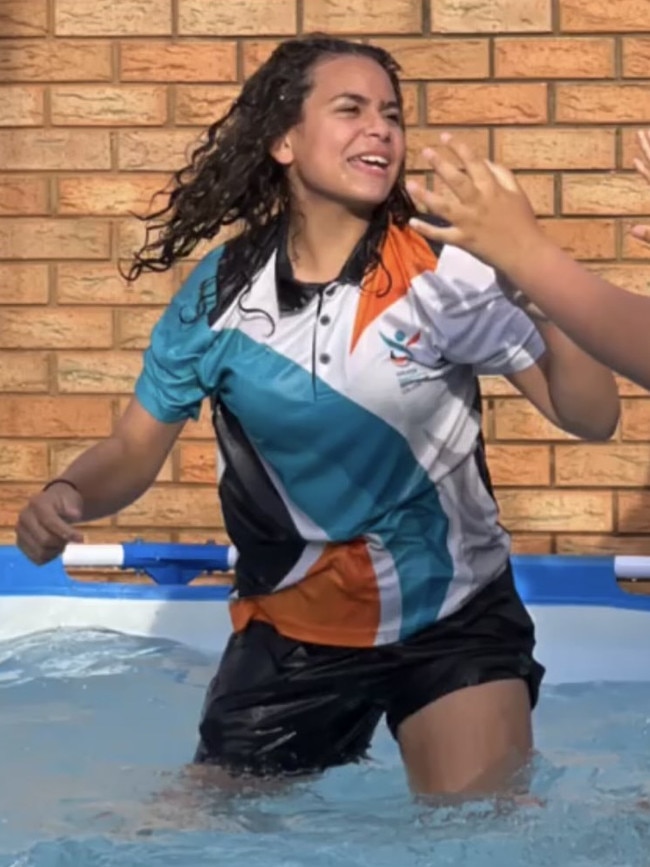
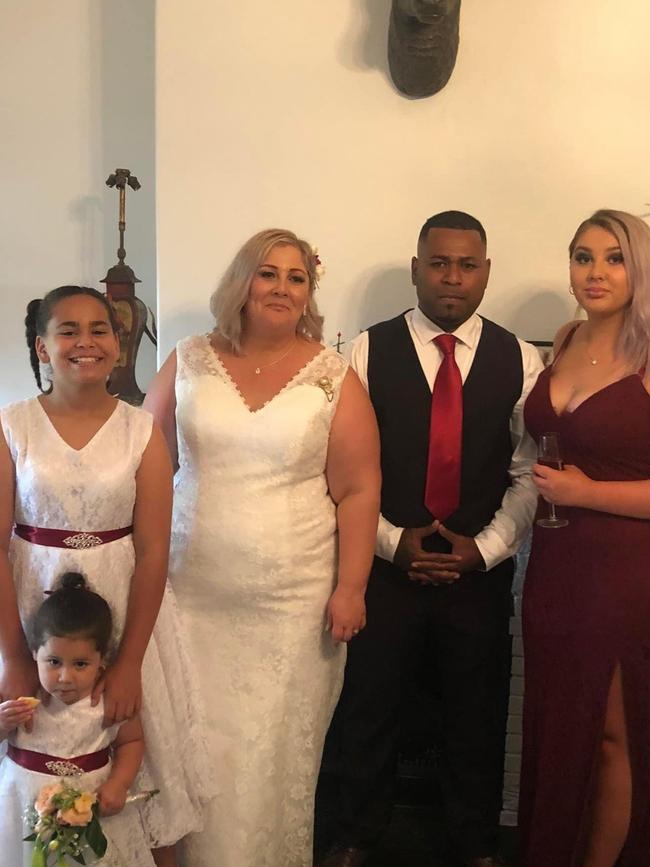
Ms Willis added victims from rural areas, LGBTQI+ and indigenous backgrounds with financial stressors or reduced resilience were at higher risk of suicide.
In October last year Shepparton leaders pre-empted the crisis, saying they feared the mental health of its people would not recover from becoming, at the time, Victoria’s most locked-down town in the history of the pandemic.
In December the state government responded to the higher number of suicides by introducing a dedicated drop in centre in Shepparton for young people.
Services including Rumbalara Aboriginal Co-operative, Goulburn Valley Health and Headspace also put in place priority access to counselling and support for anyone bereaved by suicide, or at risk of self-harm or suicide.
Michelle Trudgen, ACT Curious clinical director, said lockdowns had put pressure on young people.
“They’ve lost connection with their peers, and their social connections with sports and community,” she said.
“They can sometimes struggle to reconnect and communicate when they do go to school. That can have an impact on them developing mentally, so it’s important for young people to feel a sense of connection and belonging with their peers.
“Lockdown has impacted on young people knowing how to communicate because they’ve spent two years texting and being online. This can impact on their story and sense of self and their ability to build relationships and communicate with their families and peers.”
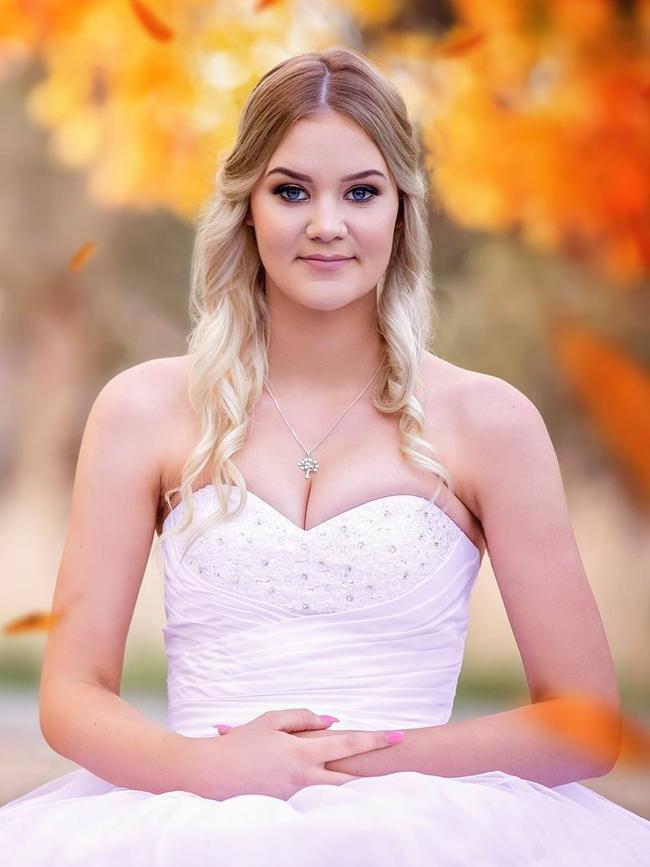
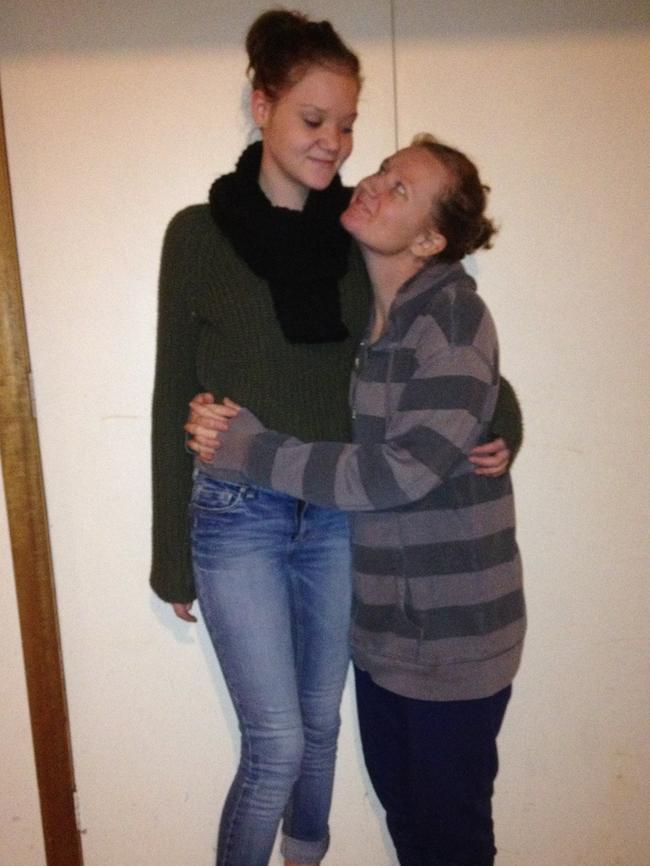
Member for Northern Victoria, Wendy Lovell, said there was not enough mental health resources to meet the increase in self-harm incidents across the Goulburn Valley — up by 30 to 40 per cent.
She said there were no inpatient beds for young people in the area; with only 12 beds in Box Hill.
“If you’re fortunate enough to get your child in there, they’re a long way from home,” she said.
Mental Health Minister James Merlino said every suicide was “an absolute tragedy”.
“And that’s exactly why we’re delivering a once-in-a-generation reform of our mental health system, to stop more families and communities feeling the tragic toll of serious mental illness,” he said.
This year’s budget included $3.8 billion in mental health and wellbeing services and support.
That included $842 million over four years for children and young people aged 0–25 years, and their families.
But Lilly’s mother, Rails Thomas, maintains there is not enough support for young people.
“I’ve had a lot of people reach out to me and share some of their struggles, even one boy,” Ms Thomas said.
“I know of five people who have received professional help and others that are considering it — and another who has promised to see someone.”
She said losing Lilly was the worst pain she had “ever felt”.
“Things that would have bothered me don’t really have an effect because I can’t be hurt more than I already have,” she said.
“It’s helped that I’m keeping myself busy and I’m allowing myself to feel how I feel.
“Not a single person who has reached out for an ear has not offered support in return — even when they are having their hardest days.”
Ms Thomas continues to urge young people to reach out and speak to their mates, family, or professionals.
Suicide Call Back Service is a nationwide service providing 24/7 telephone and online counselling to people affected by suicide.
Families, schools and young people can also be supported through ReachOut, headspace, and #chatsafe.



